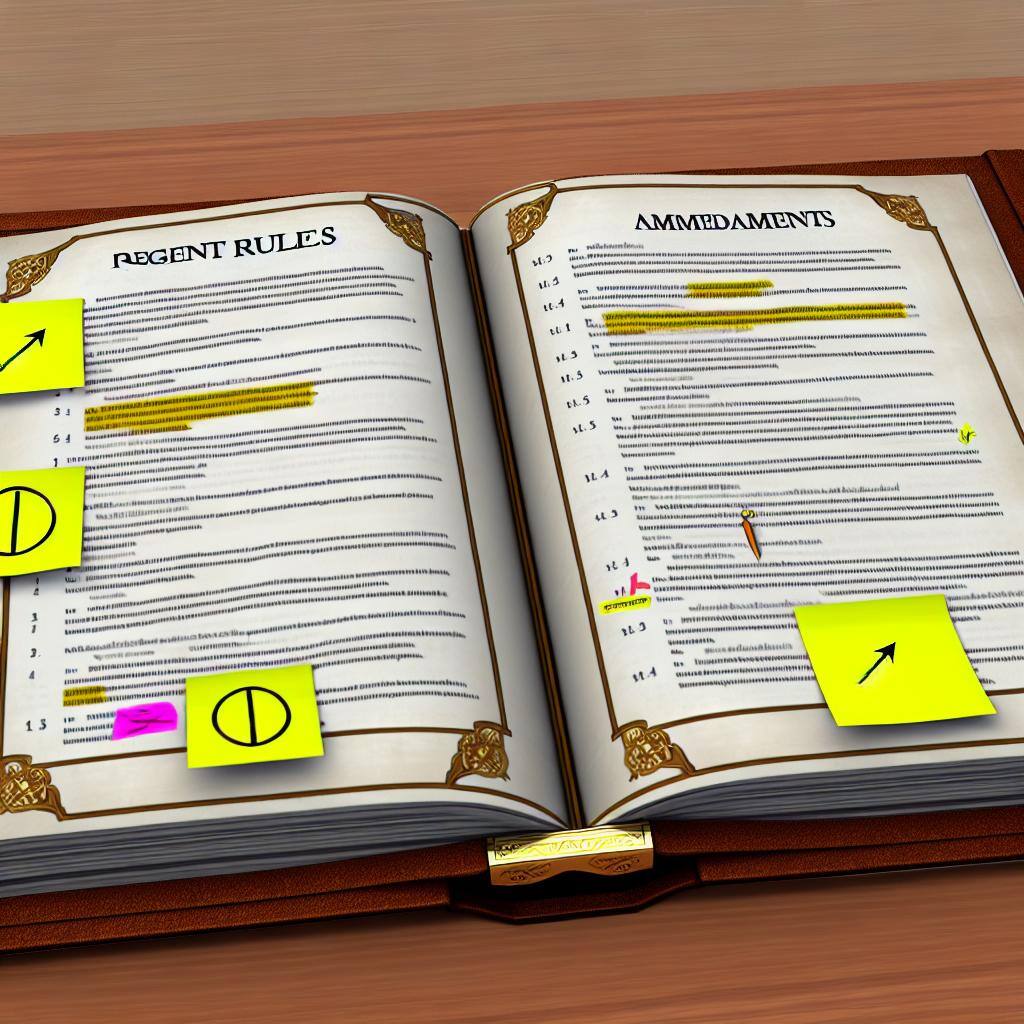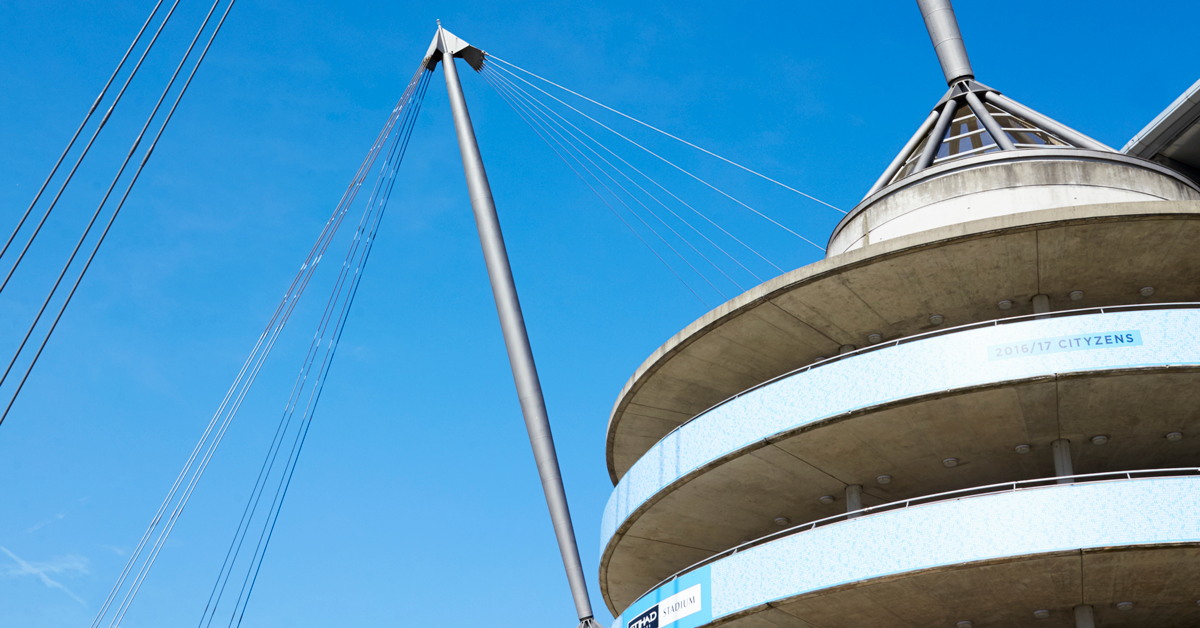From Solicitor to Mediator: My Journey to Mediating Probate Disputes
I practised as a litigation solicitor for 20 years without once encountering mediation - until I joined a firm in Lancaster where one partner was a family mediator. Like many at the time (and still?), I assumed mediation was only for family law. A few years later, I trained as a civil and commercial mediator with the ADR Group, left full-time practice, and began the long road toward establishing myself as a full-time mediator. Had I known how challenging that transition would be, I might not have made it - but I’m very glad I did.
The Hidden Cost of Contested Probate Disputes
In practice, I witnessed how probate disputes escalated rapidly—both financially and emotionally. Siblings, partners, and extended families became locked in adversarial proceedings that could last years. Even where the legal outcome was sound, the emotional and relational costs were severe.
Too often, the result was a technically correct judgment delivered at the expense of family ties and depleted estates. I wondered: What does a “win” look like if it leaves lasting resentment or decimates the inheritance itself?
Why Mediation?
Training as a mediator in 2006 was transformative. As Baz Luhrmann put it, “Don’t feel guilty if you don’t know what you want to do with your life… The most interesting people I know didn’t know at 22 what they wanted to do with their lives.” I was in my forties before I realised I was meant to be a mediator.
Mediation isn’t a retreat from the law—it’s an extension of it. In probate, especially, the legal answer is only part of the story. These disputes are often entwined with grief, identity, and long-standing family dynamics. A judicial ruling can’t offer peace of mind, closure, or reconciliation. A good mediation sometimes can.
Since 2008, I’ve worked as a full-time mediator. Mediation offers something litigation rarely can: space. Space to be heard, to reflect, to explore options, and to repair. It doesn’t just settle claims - it helps people move forward.
Strategic Value for Legal Practitioners
Solicitors and barristers involved in probate litigation understand the stakes: legal complexity, high emotions, and factual differences. Mediation provides practical, strategic advantages:
- Client control over outcome: Unlike litigation, which delivers binary and imposed results, mediation allows parties to co-create solutions - sometimes involving deeds of variation, trust restructuring, or side agreements.
- Confidentiality and discretion: For high-net-worth individuals or sensitive family matters, mediation offers a private forum that protects reputations and preserves dignity.
- Process flexibility: Mediations can be adapted to suit the case. I’ve worked with parties in separate rooms, buildings, even time zones - and continued discussions after the formal session where resolution wasn't achieved on the day.
- Cost proportionality: In modest estates especially, mediation helps prevent legal fees from consuming the very assets in dispute.
Why I Focus on Probate Mediation
Though my litigation background was primarily in personal injury and clinical negligence (I am an NHS Resolution approved mediator), I developed a specialism in contested probate through a series of early cases that revealed just how impactful this work can be.
Probate mediation demands more than legal knowledge. These disputes are shaped by perceptions of fairness, legacy, and recognition. They involve evidential issues like capacity and undue influence, but they also involve emotion and history. My role is to honour both dimensions - to use the discipline of legal analysis and the empathy of facilitative dialogue.
I’ve mediated disputes ranging from complex trust arrangements and mutual wills to fiercely personal allegations of forgery or coercion. In each case, resolution came not from technical brilliance, but from creating the conditions where people could choose a path forward.
Building Resolution through Collaboration
Mediation works best when it’s supported by committed legal teams. My most successful mediations have been those where solicitors or counsel recognised the value of the process - not as a last resort, but as a strategic tool for resolving difficult cases well.
Final Reflections
Mediation isn’t a silver bullet. Some cases demand litigation. But where relationships, dignity, and closure matter - as they often do in probate - mediation offers a uniquely human, empowering alternative.
If you’re acting in a dispute that’s dragging on, or where litigation’s cost, stress, or delay is outweighing its benefits, I’d be happy to explore whether mediation could help. My approach is practical and informal, underpinned by a deep understanding of both legal complexity and human dynamics.

 By
By


